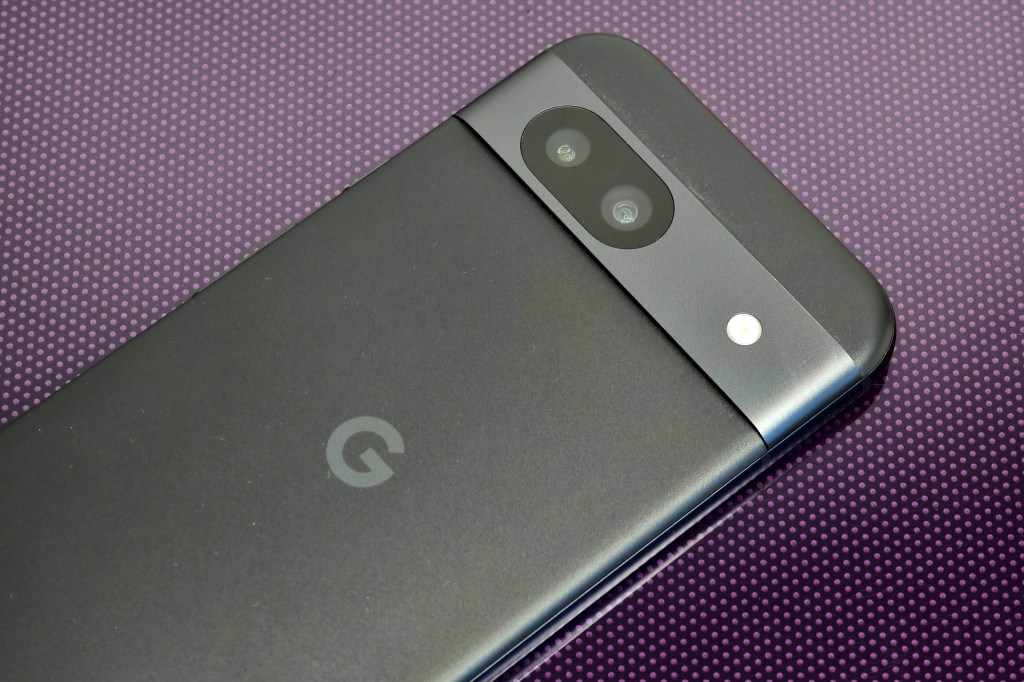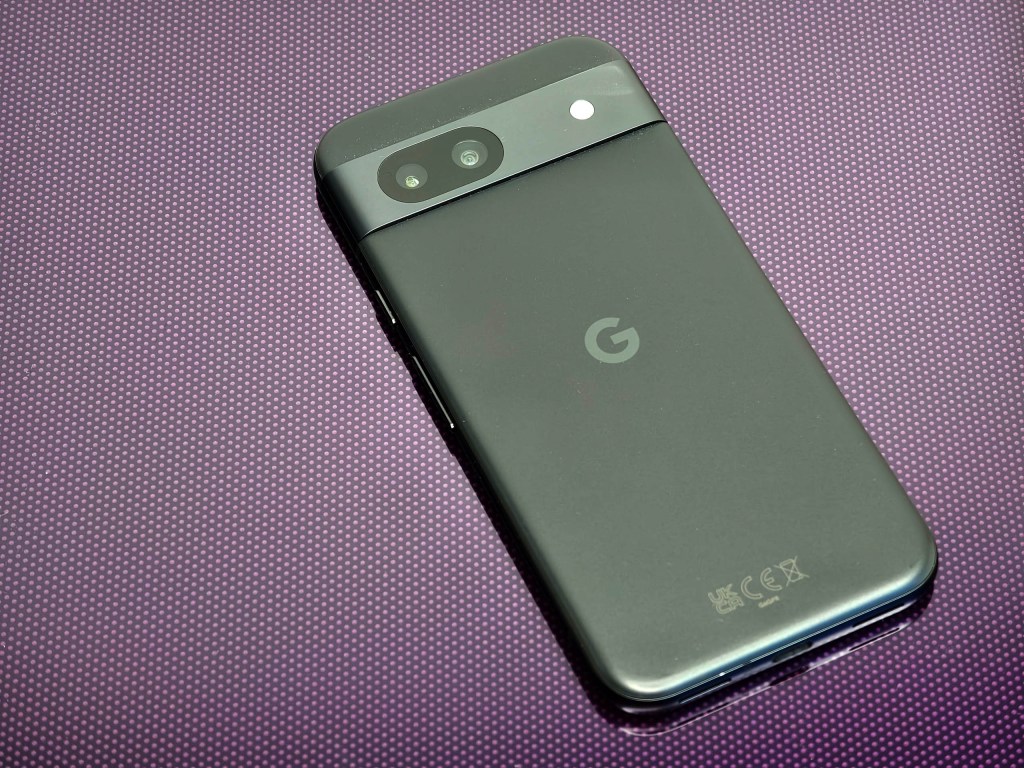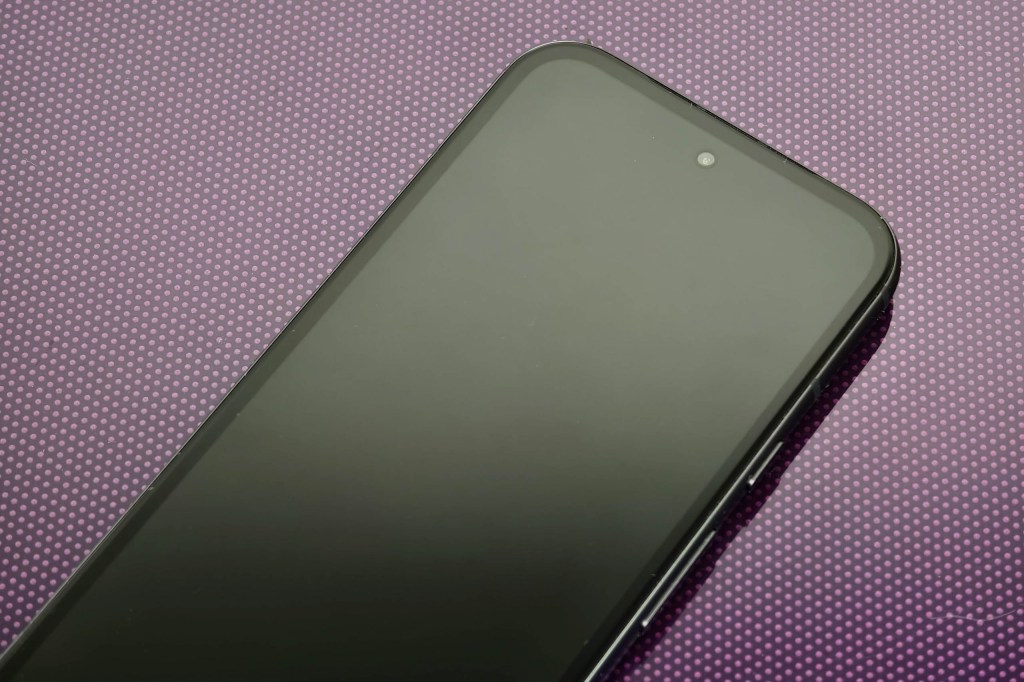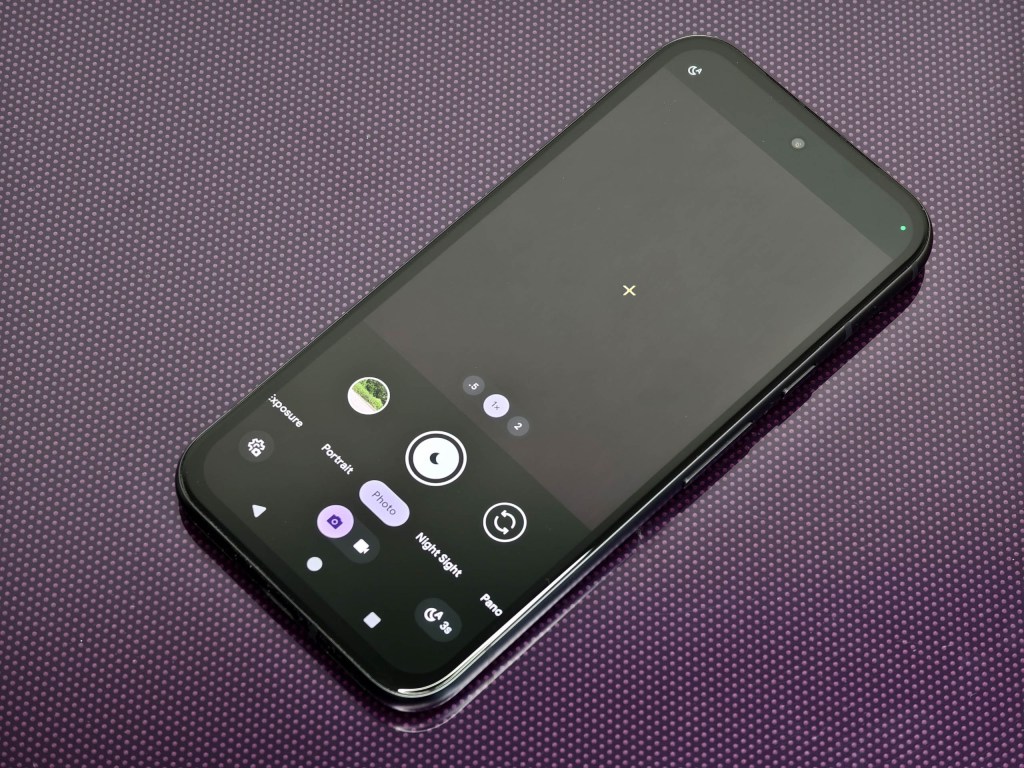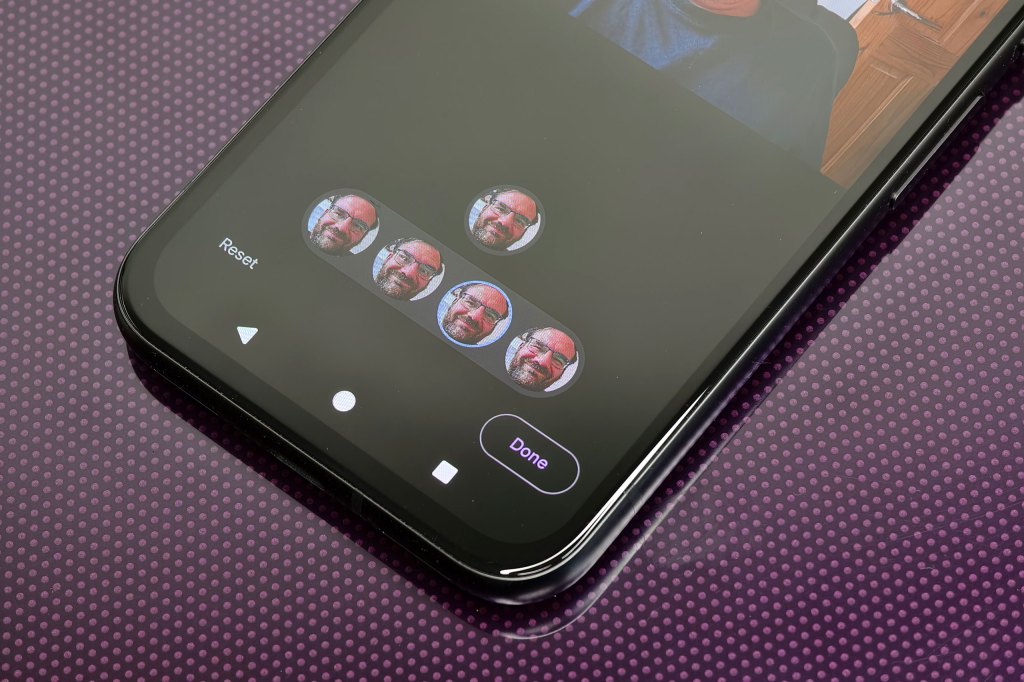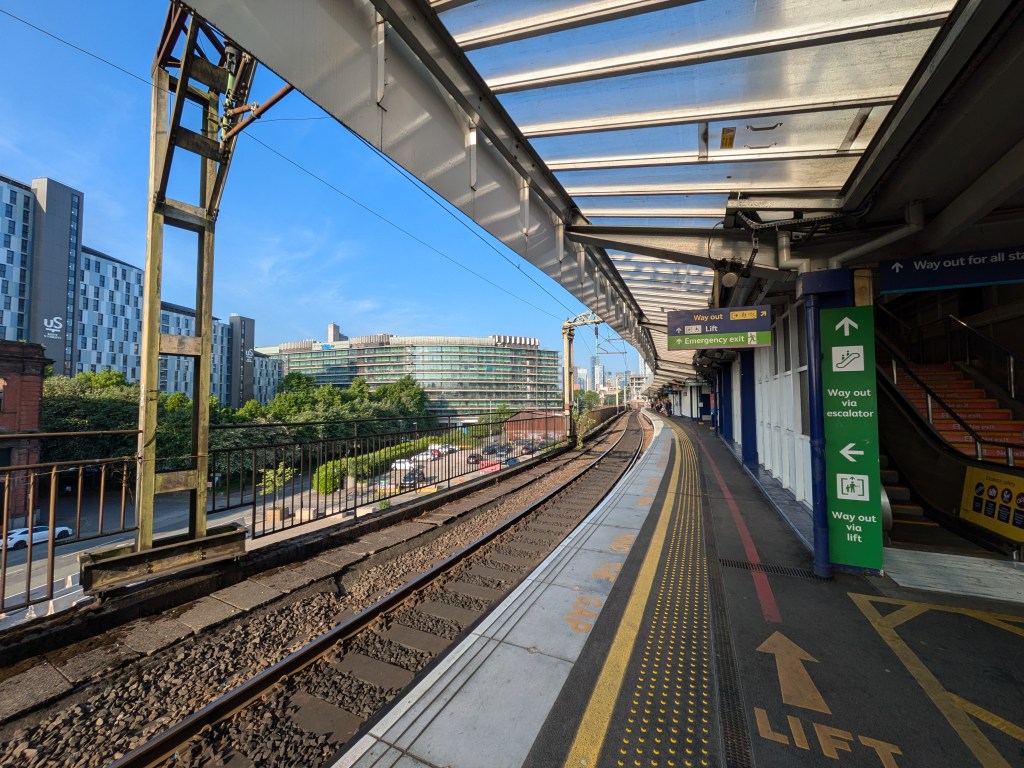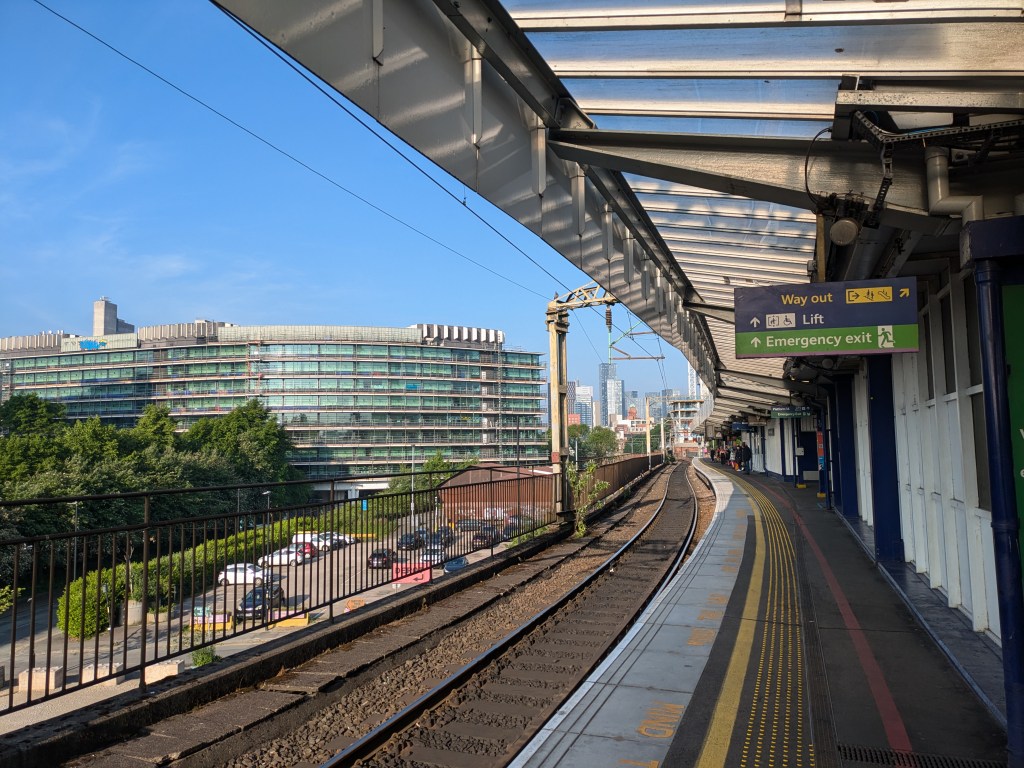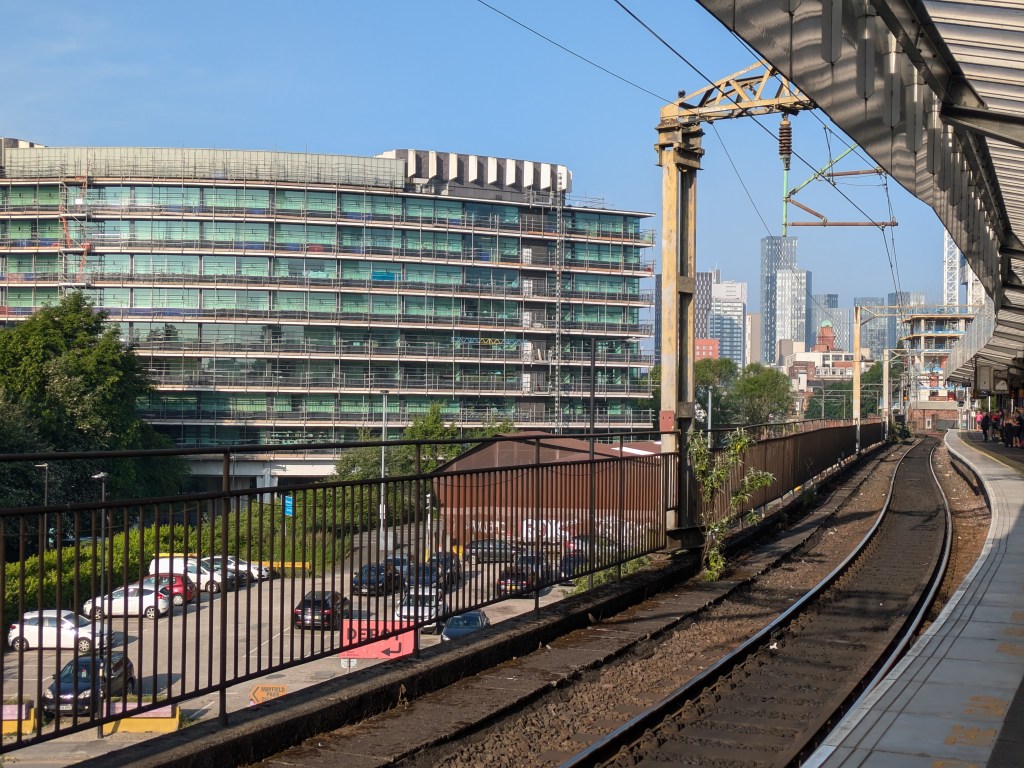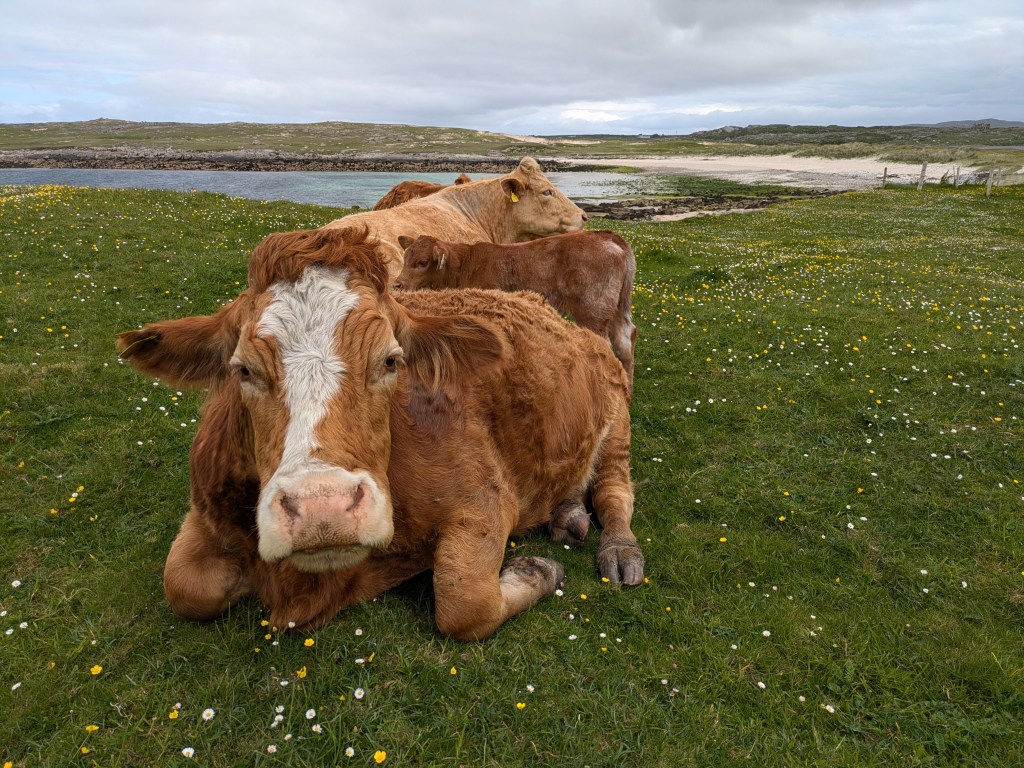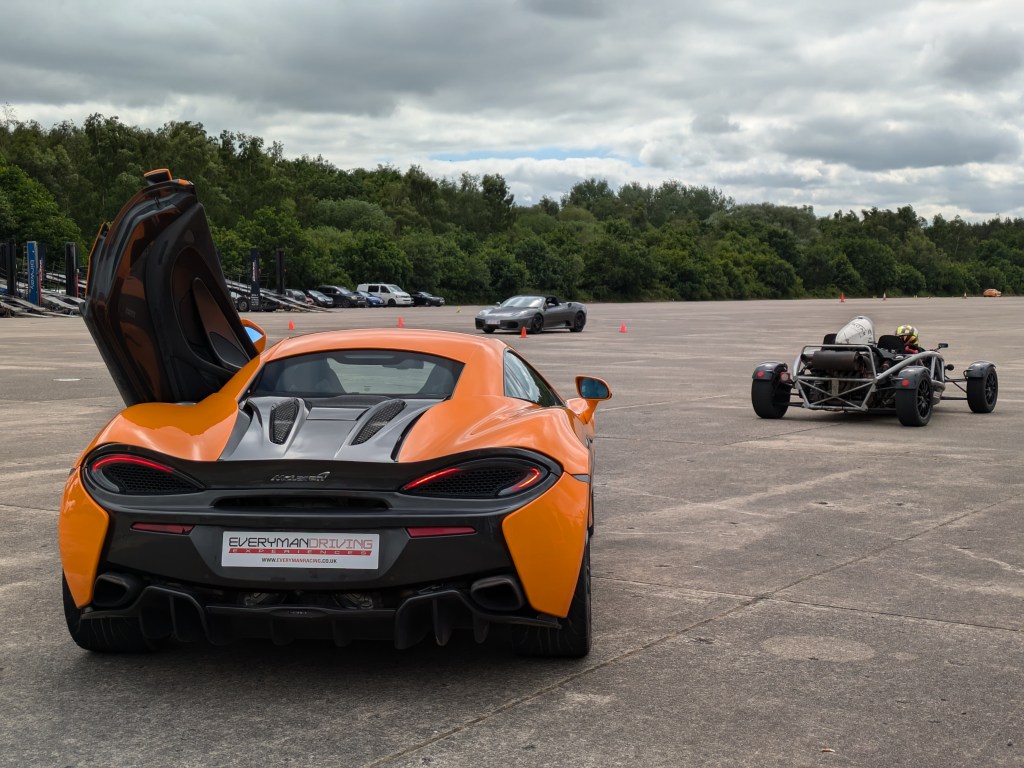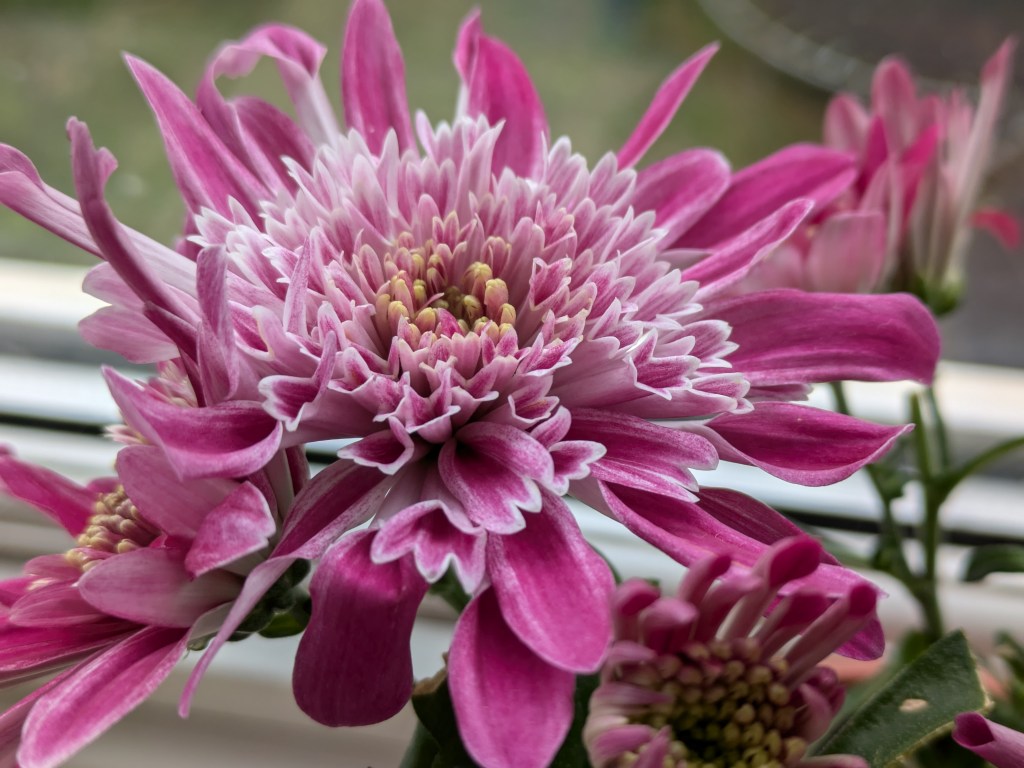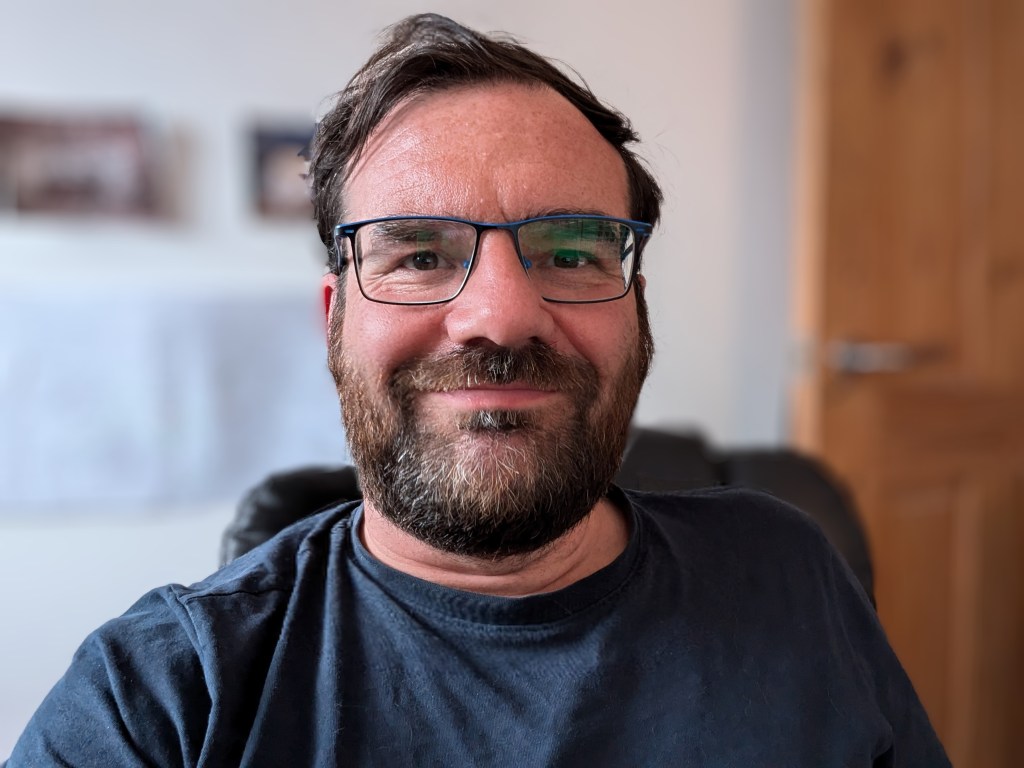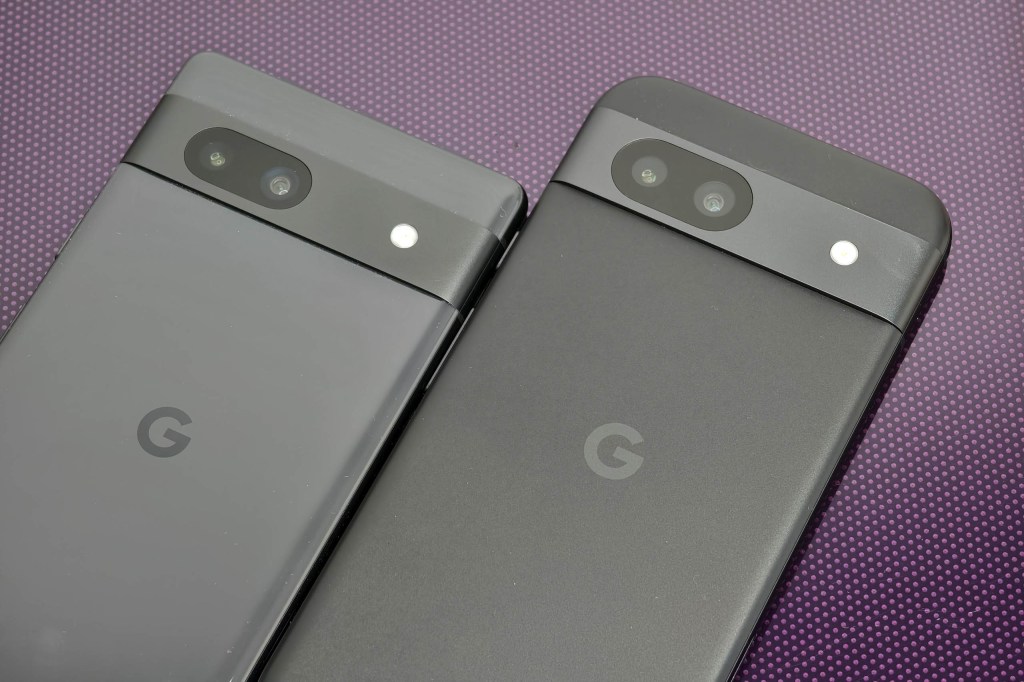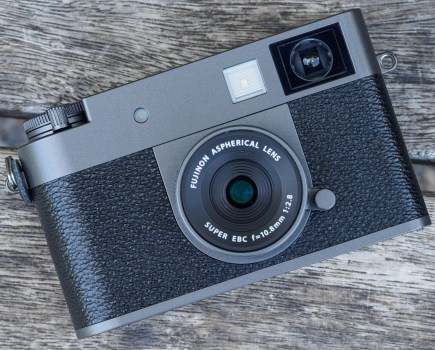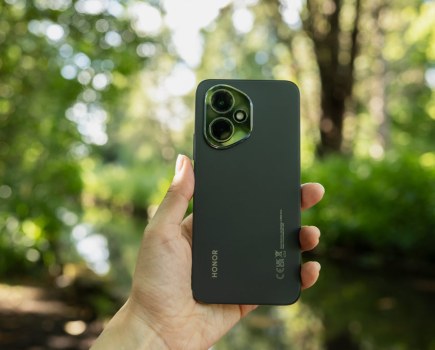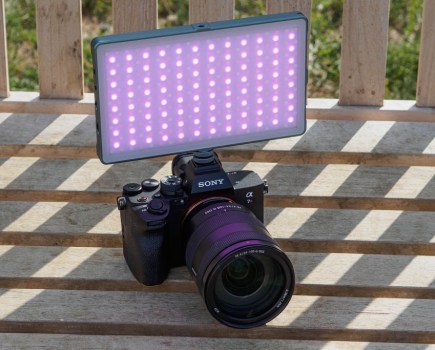The Google Pixel 8a was 2024’s entry-level phone from Google, and has just been superseded by the Pixel 9a. That’s good news for its price which, in the UK at least, has dropped a couple of levels since: now from $475 / £349 for a camera phone with additional AI features, is decent value. It surely justifies a place among our best budget phones. Joshua Waller finds out how it performs.
Amateur Photographer verdict
The Google Pixel 8A is a good value option with a great set of features, but Google’s own phones offer strong competition.- All the AI photo tools from the Pixel 8
- Improved screen and battery
- Nice photo results
- Little change since the last phone
The Google Pixel 8a was introduced with a dual camera setup on the back, and a 13MP selfie camera on the front. Much of its hardware features are unchanged from the former Pixel 7a – yet the photography features get an improved set of AI functions, first found on the Google Pixel 8 series, with Best Take, Magic Editor, and Audio Magic Eraser added.
At a glance:
- 64MP wide-angle, f/1.9, 25mm equivalent, (83°), OIS, 4K 60p
- 13MP ultra-wide, f/2.2, 14mm equivalent, (120°), 4K 30p
- 13MP selfie camera, f/2.2, 21mm equivalent, 4K 30p, fixed focus
- 6.1inch FullHD OLED, 60-120Hz screen, 2000nits peak brightness
- Battery: 4492mAh (18W charging, 7.5W wireless)
- Operating system and processor: Android 14, Tensor G3 / Titan M2 processor
- 7 years of OS/Security/Feature updates
- 8GB RAM, 128GB/256GB storage
How we test phones
We review phones from the perspective of choosing one for its photography and camera performance, so here we look at what the Google Pixel 8A offers in terms of its cameras and the features included for photography and video.
Hardware, Design and Features
The Google Pixel 8a looks fairly similar to the Pixel 7a, but with more rounded corners, as well as an updated 6.1inch screen. There’s a slight change in the appearance on the rear, but it’s very easy to get Pixel phones mixed up with each other. There’s the unique camera bar on the back, which you’ll either love or hate, but it certainly makes the phone stand out compared to Apple and Samsung phones.
The screen benefits from a faster refresh rate, now up to 120Hz, and a peak brightness of 2000nits. The borders look large if you’re used to flagship phones, but larger boarders are common on entry-level phones. You also get a larger battery, and the phone supports wireless charging. The phone’s IP67 rated, so it’ll withstand an accidental soaking here and there.
The camera setup…
- 64MP wide-angle, f/1.9, 25mm equivalent, (83°), OIS, 4K 60p
- 13MP ultra-wide, f/2.2, 14mm equivalent, (120°), 4K 30p
- 13MP selfie camera, f/2.2, 21mm equivalent, 4K 30p, fixed focus
The Pixel 8A saves money by using a smaller sensor than the Pixel 8, but with a 64MP quad-Bayer sensor, you get 16MP images rather than 12MP images, thanks to pixel binning. There’s an f/1.9 aperture, which again, isn’t as good as the Pixel 8, but optical image stabilisation helps here.
The ultra-wide-angle camera is fixed focus, with a 14mm equivalent (0.5x on screen setting), and has an f/2.2 aperture, which is fairly standard. As the camera doesn’t have auto-focus, you won’t be able to use this for macro photography.
The punch-hole selfie camera is a 13MP camera with an f/2.2 aperture and is also fixed focus.
The camera app
There are a range of photo modes that will be of benefit to photographers, for example, there’s a long exposure mode that can be used for light trails or smooth flowing water and waterfalls. There’s a portrait mode with 1.7x and 2x options, as well.
You get the ‘night sight’ photo mode, which gives you access to Google’s impressive night photography. This lets you shoot with Auto or even longer with Max, with a 6 second shot. If you place the phone on a solid surface or a tripod, then you can access the astrophotography mode, which lets you take a 2.5minute exposure. There’s also a panoramic photo mode.
Beyond this, you won’t find any specific scene modes, and in this area, there are more options and scene modes on other cameras, with only the Google Pixel 8 Pro offering a manual mode.
There are no manual controls available on the photo app, but you do get a variety of controls, including raw shooting, white balance, shadow adjustment and brightness.
New AI Features
Once you get into playback, you’ll find a range of Google’s AI editing tools and options. It’s currently fairly rare to see AI editing features outside of flagship Samsung phones.
Added to the Pixel 8A is “Best Take” and Magic Editor (requires an internet connection). Read our guide to Google’s Magic Editor for more information. The ‘Best Take’ feature lets you change the subjects face from another photo, when you’ve taken multiple photos of people. If you haven’t, then the phone can struggle to give you enough choices.
There is, of course, the usual built-in Magic eraser, Unblur, Portrait blur and Sky options found under Tools in the photo editor. The Magic eraser works well and makes it easy to remove unwanted objects from a photo.
Performance and Image Quality
I’ve taken hundreds of photos with the Google Pixel 8A, taking it with me everywhere I went. Here are some of the best images I’ve taken that demonstrate the results of this camera phone.
In bright sunny conditions, the cameras all give great results, with pleasing colour that’s not too overly saturated. The ultra-wide-angle camera gives you an 0.5x view compared to the main (1x) camera. You’ve also got the option of a 2x zoom, which is an on-screen option. If you pinch to zoom, you can extend this to 8x, but detail drops off quickly.
The ultra-wide angle lens gives good results, but if you look at photos from this camera in detail, you can see some noise in images. When you compare these photos to photos from the main camera, you’ll quite quickly be able to see that results from the main camera are cleaner, with less noise visible.
With fairly accurate colour reproduction, you may find that images can look a little dull, but they’re simply a reflection of the shooting conditions, for example, in the photo above, and below, grey weather meant that the scene was not as colourful as you’d find on a sunny day.
In advanced options, you can switch on RAW/JPEG control to allow raw shooting, and Ultra HDR is switched on by default. This results in a high level of dynamic range being captured in photos, but for the most part, results look realistic rather than going over the top.
The ultra-wide-angle camera doesn’t feature auto-focus, so can’t be used for close-ups or macro photography. Therefore, for close-up photography, you’re best bet is to use the main camera as the results are good, with a nice level of background blur, as well as reasonably close focus for some things, like flowers as shown above.
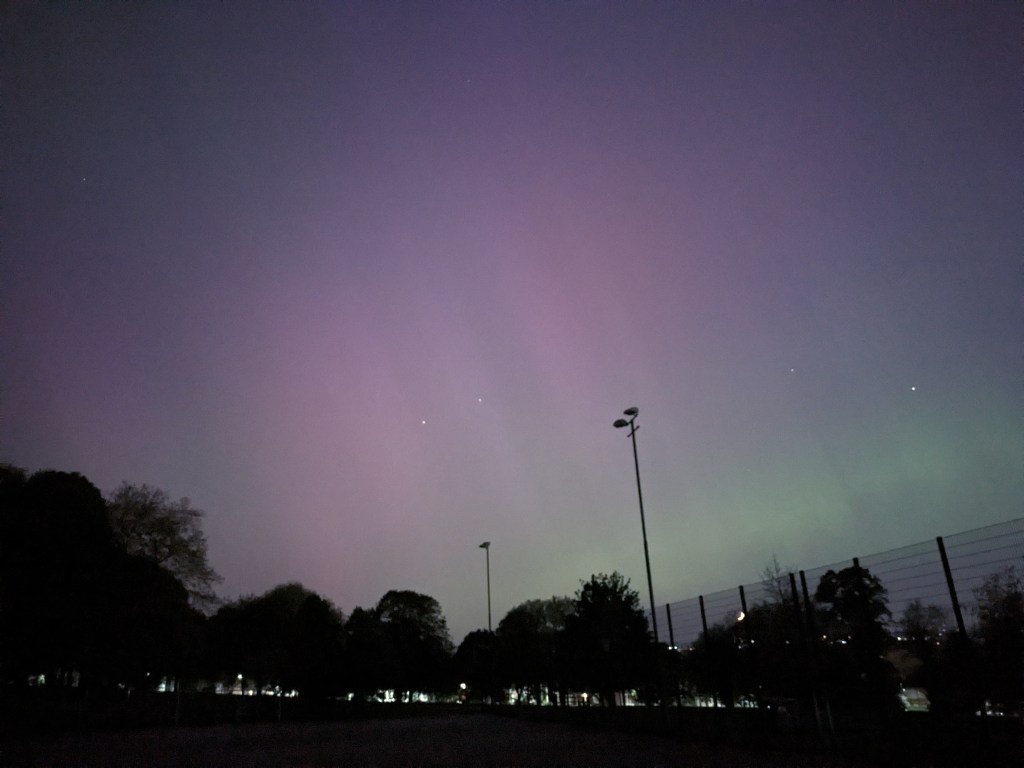
Shooting the Northern Lights in low-light, the camera did a reasonable job, but saturation levels were duller than when shooting with a different camera phone (with a larger sensor), and with this photo we begin to see it struggles a little bit.
When using the selfie camera, blur can be added to photos after you’ve taken the photo. This does a reasonable job at first glance, but if you look at the photo in detail, you can see where there are errors around the hair and some oddities in other areas of the image.
Video Recording
Using the video mode, you can use zoom up to 5x, even when recording 4K video. You’re able to record 4K video from all cameras, including the ultra-wide, wide and the selfie camera. Colour, dynamic range and levels of detail are all very good, although wind noise is an issue in this video.
Value for Money
The previous Google Pixel 7A model can be found for around $250 / £240, and the current Samsung Galaxy A55 around $330 / £240. The Motorola Edge 50 Pro, which has a triple camera setup on the back, including a telephoto camera, costs about $390 / £400 at present. There really is terrific value for photographers in this bracket of the phone market just now.
Add in the fact that you can often get the Pixel 8 on special offer, and it’s difficult to see the new Pixel 8A as great value for money. If the price drops, then great, but otherwise, there are definitely cheaper budget phones available.
Verdict
If you’re looking for a phone with AI features, then the Google Pixel 8A is a good value option at its newly reduced price . However, for a larger screen, you’ll need to look beyond Google: the Samsung Galaxy A55 has such a screen and is currently about $330 / £240 RRP).
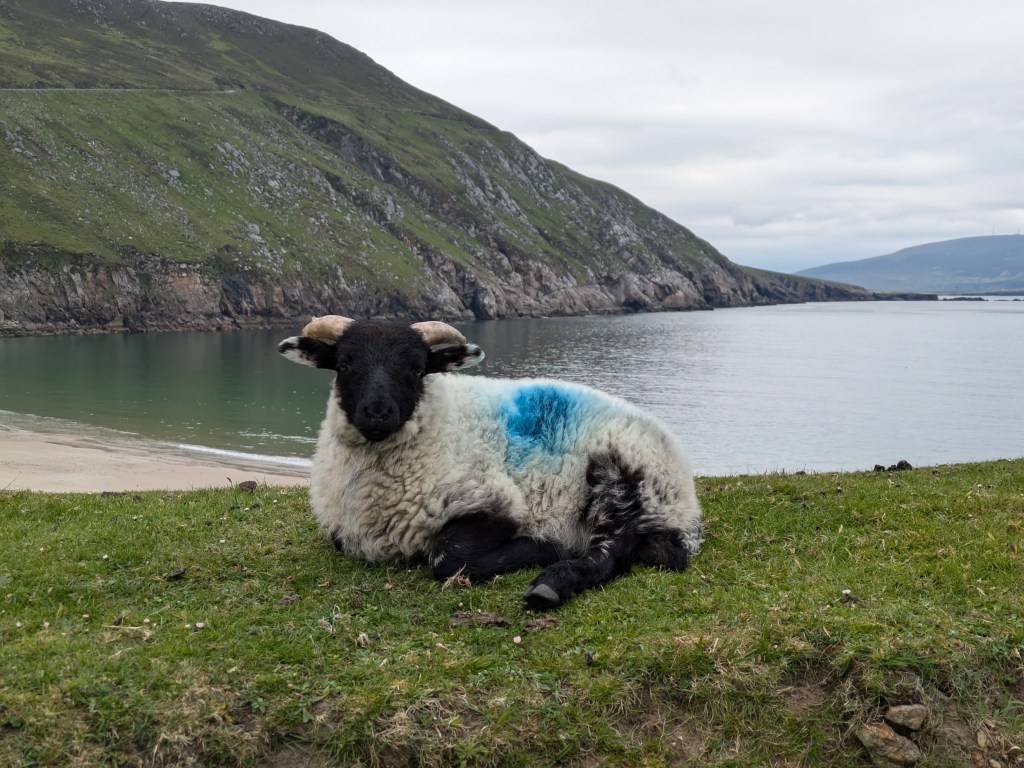
Of course, there are lots of people out there that want a smaller phone, and very few companies still offer this, so it makes sense for Google to produce these options. The Pixel 8A is a great phone, but if you find the Pixel 8 for a similar price, then go for it, as that has better hardware in the form of better cameras.
There’s also an improved screen, now up to 120Hz refresh rate, and a slightly improved battery. Minor improvements aside, the phone takes some great photos, and with additional AI features such as Best Take, Magic Editor and Audio Magic Eraser, as well as 7 years of OS, security and feature updates.
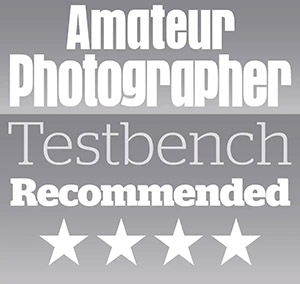
Specifications
| Main camera | 64MP wide-angle, f/1.9, 25mm equivalent, (83°), OIS, 4K 60p |
| Ultra-wide camera | 13MP ultra-wide, f/2.2, 14mm equivalent, (120°), 4K 30p |
| Selfie camera | 13MP selfie camera, f/2.2, 21mm equivalent, 4K 30p, face unlock |
| Screen | 6.1inch FullHD OLED, 60-120Hz, 2000nits peak brightness |
| Battery | 4492mAh (18W charging, 7.5W wireless) |
| Operating system | Android 14, 7 years of updates |
| RAM/storage | 8GB RAM, 128GB/256GB storage |
| Dimensions | 152.1 x 72.7 x 8.9mm |
| Weight | 189g |

